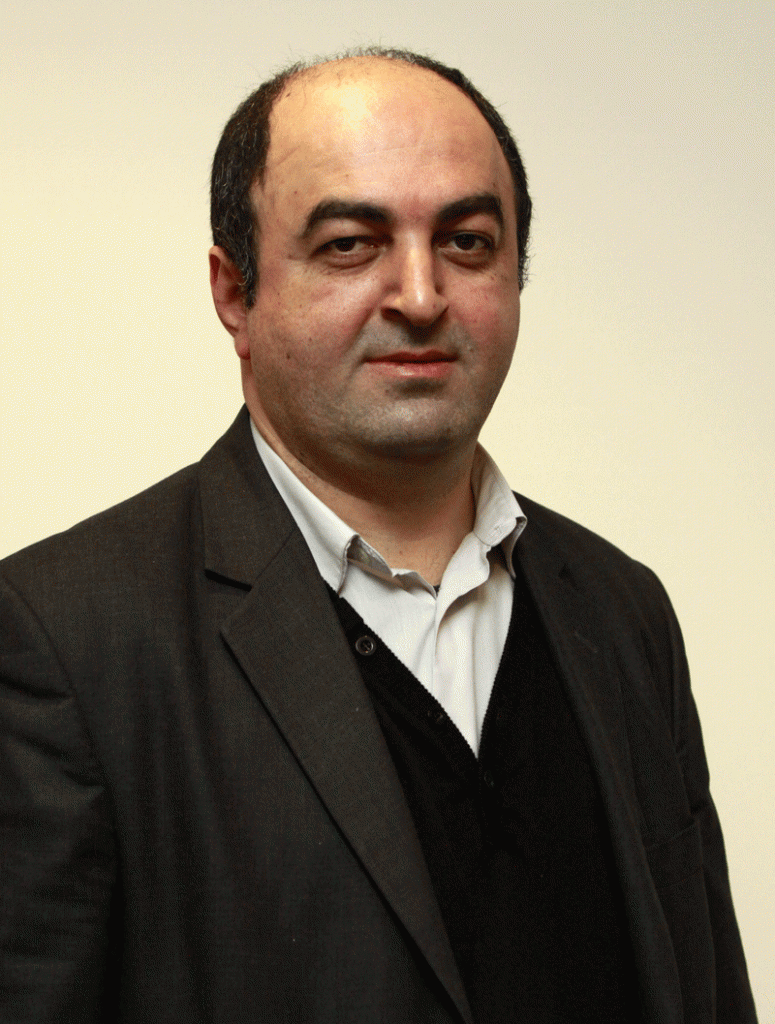Transforming Office of Ombudsman to become a proactive institution, strengthening regional offices, raising culture of tolerance, cooperating with local and international organizations more actively, developing State Strategy and Action Plan on Human Rights – this is incomplete list of initiatives undertaken by new Ombudsman for next four years. Ucha Nanuashvili talked about his future plans to www.humanrightshouse.org.
– In the first place, it is interesting how do you foresee “close cooperation” with human rights NGOs, the concept that you talked about to the Parliament?
– The main thing is that the Office of Ombudsman must be open as much as possible so any organization can come at any time and discuss their concerns with us. I will do anything to make this institution open and transparent as much as possible. It is important to hold meetings with NGOs at least once a month. Demands towards this institution have increased. Therefore, our work must increase accordingly. Besides, except for the annual report, we are going to write thematic reports and it is very important to include NGOs in this process. Together with them we must raise and lobby range of issues.
– You probably have a plan of cooperation with international organizations as well?
– One of my initiatives is to prepare State Strategy on Human Rights. This strategy must be developed according to recommendations been given by international organizations for years. These recommendations are scattered in different reports. I would like to systematize and collect all these recommendations. This will give a big picture showing what kind of problems there are in this country and what recommendations international organizations have given. Working group on this plan will soon be established.
– Report by South Caucasus Network of Human Right Defenders published recently regards human rights situation in Georgia. What measures will be foreseen by Action Plan of State Strategy to eradicate problems mentioned in the report?
– Recommendations of South Caucasus Network of Human Rights Defenders are very important. Unfortunately, big part of these recommendations still has not been fulfilled. We think this topic will take important room in the State Strategy and its Action Plan.
– Initiative that Ombudsman’s recommendations must be mandatory to fulfill is also interesting. Does this regard all recommendations of Ombudsman or only those which are vital? Would it make recommendations equal to law or a court decision?
– No, we are talking about vital recommendations. For instance, if a recommendation regards torture. If Ombudsman examines and finds that a person has been tortured, I think extra bureaucratic procedures such as addressing investigative body and etc… should not be needed. In this case, process must be simple and the investigation must start instantly. According to current state, after addressing Ombudsman, investigative bodies independently decide whether or not to start investigation.
– What do you think is the biggest challenge for Ombudsman? In the realms of new reality, what kind of problems do you anticipate?
– Today it is not popular to criticize new Parliament and government. However, I might have to take unpopular steps and criticize government officials. Besides, it is not popular to talk about minority rights today. At numerous meetings I have mentioned that Tolerance Center functioning under the Office of Ombudsman must not work only on rights of ethnic and religious minorities. It is important to take rights of sexual minorities in consideration. I know that this opinion is not acceptable for many, but it essential to work on unpopular issues like that.
– Amnesty has become one of the most resonant recent issues. Several people were left out of the list of political prisoners including Irakli Okruashvili and his supporters, elderly Giorgi Gvaridzimishvili who disappeared on May 26th and others. What do you think of people left out?
– Special Commission is studying these cases again and we have to trust them with it at this stage. Ombudsman is not included in this commission.
– Is Office of Ombudsman going to study the cases of prisoners taken out of the list separately?
– I saw several of them, heard their problems and obviously we will study these cases. However, let’s wait and see what the commission decides.
– After the change of government, several high officials of past government have been detained. Members of past government say that these people are detained under political grounds. Do you see political motive behind these detentions?
– It would be hard to say whether or not there is political motivation behind these detentions. However, in the nearest future we will thoroughly study these cases and be able to comment on these issues.
Salome Achba





